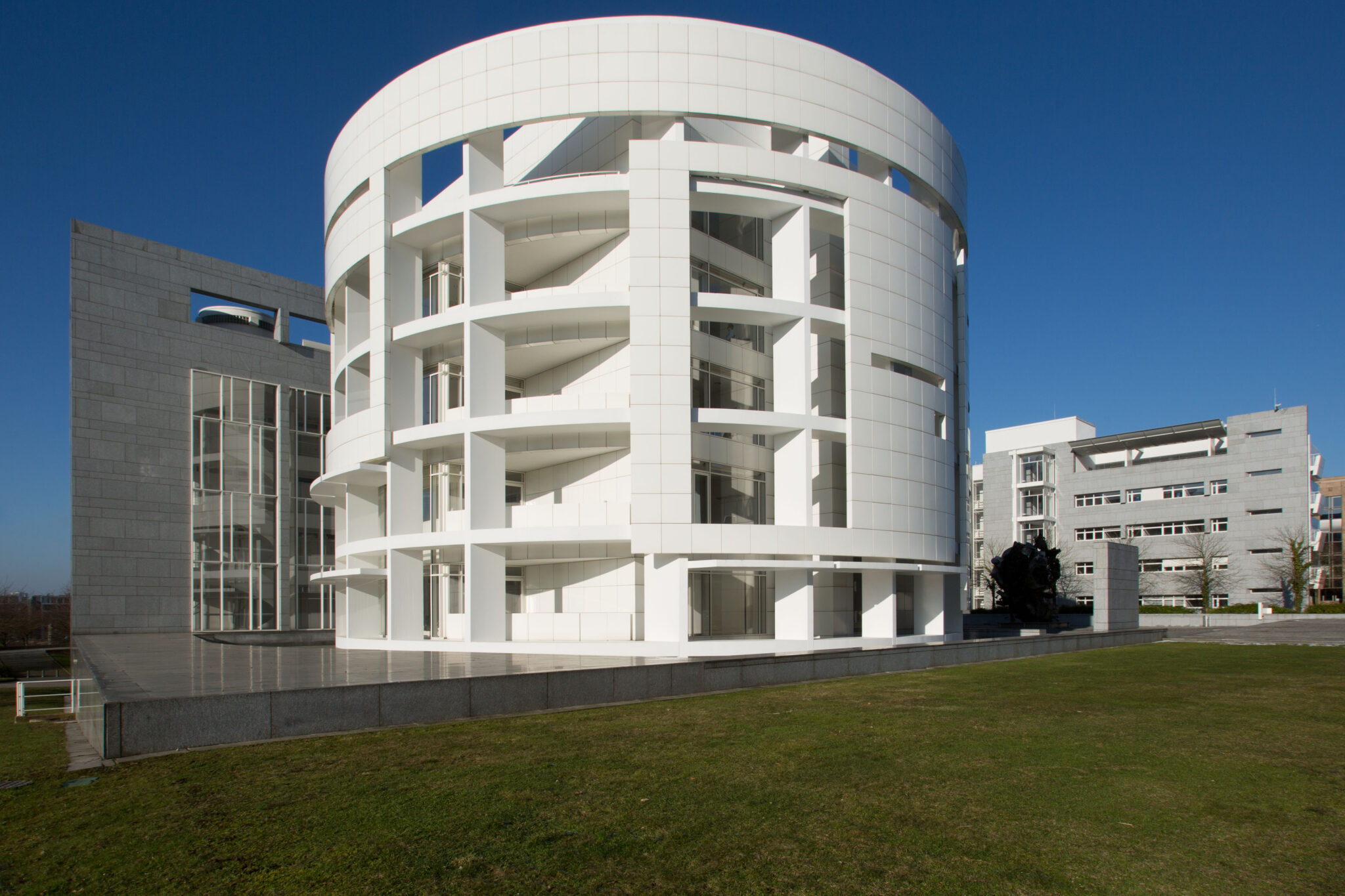Ein einzigartiges akademisches Forschungsumfeld im Zentrum Europas

Die Fakultät für Recht, Wirtschaftswissenschaften und Finanzwirtschaft (FDEF) der Universität Luxemburg, die zu den besten Universitäten der Welt zählt, bietet ein einzigartiges, vielfältiges und mehrsprachiges akademisches Forschungsumfeld im Herzen Europas.